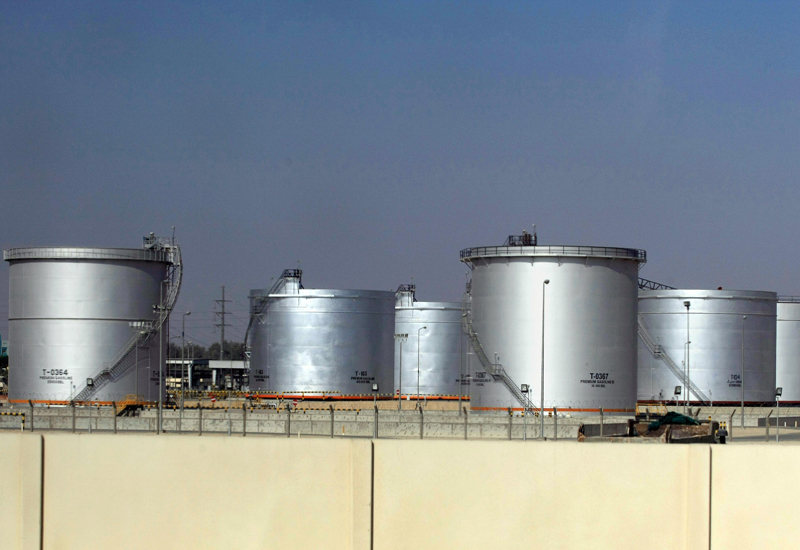Saudi Aramco wants to be producing natural gas from hydraulic fracturing by 2020, according to a senior company employee quoted by Bloomberg.
“If we can get it by 2020, that will be good,” General Manager of Exploration Ebrahim Assa’adan told Bloomberg yesterday. “We are in the reconnaissance phase, shooting regional seismic programs and drilling all over the country.”
Potential shale and tight gas plays are located largely in the North West of Saudi.
Saudi Aramco has been seeking out gas supplies to meet the country’s large and increasing demand for feedstock for petrochemicals and power generation, where the Kingdom currently burns a mix of crudes.
Assa’adan told Bloomberg at least three to five rigs are being used in the appraisal phase. He describes low gas prices as a “major issue” ahead of making development plans.
The low, fixed, price of Saudi gas its domestic market of $0.75 per MMBtu has put exotic gas projects requiring patient exploration, like the Empty Quarter concession awarded to foreign oil companies in 2003-2004, in danger of being uneconomical. The Empty Quarter was once thought to hold the answer to Saudi’s burgeoning gas demand, but poor discoveries, weak gas prices and high project costs have recently seen Eni and Repsol drop hands, despite the rare award of a profit stake in the deal.
Assa’adan told Bloomberg that Saudi needs to examine the way it regulates tariffs to make unconventional gas extraction attractive.
While shale fracking is developing improved diagnostics over the early days of America’s ‘shale gale,’ fracking contains exploration risk. Chesapeake is tapering off further development as Henry Hub spot prices have plunged over the last few months to $2.40 per MMBtu, and a fixed rate of $0.75 may be hard to justify.
Aramco is currently in negotiations to take a 30% stake in Frac Tec International, a US fracking specialist part-owned by American shale giant Chesapeake. The move signals an intention for Aramco to operate fracking projects, something it has not done before, by importing expertise.
Aramco CEO Khalid Al-Falih told reporters in December that Aramco would not seek international partners for its fracking activities, a move possible spurred by the largely failed Empty Quarter gas project. Al-Falih has previously estimated at Saudi could hold hundreds of trillions of cubic feet of gas recoverable through fracking.
The pronounced differences in geology between the Marcellus shale in the US and the northern deserts of Nejd make Aramco’s decision to go it alone ambitious. Aramco is, however, seeking international assistance with tight gas recovery.




